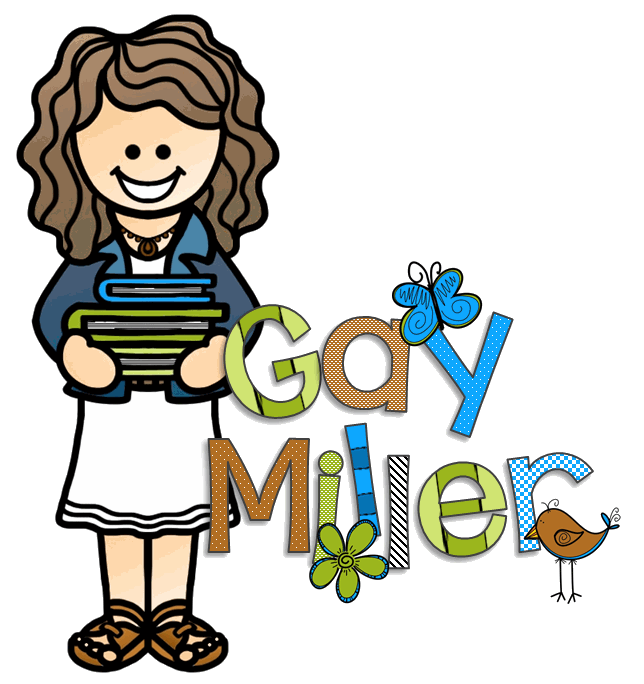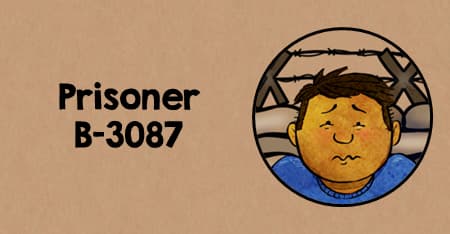
Alan Gratz is at his best when he writes historical fiction. Prisoner B-3087 is no exception. The novel is a rare treat!
Ten-year-old Yanek entertains his family with an after-dinner light show when the Germans invade his hometown of Kraków, Poland. Days later a wall is built forming the Jewish ghetto. After this, a series of rules changes Yanek’s life. No school for Jews. – His father’s business is taken. – Food is rationed. – A curfew is set. – Germans deport Jews to concentration camps and the Jewish ghetto. Yanek’s family must share their apartment with three other families. Yanek must work in a tailor’s shop.
When Yanek turns 13, he and his father sneak out to an abandoned building to give Yanek a secret bar mitzvah ceremony. Soon afterward, Yanek sees his parents being deported. Yanek decides to keep working at the tailor shop in hopes of not being deported. This, however, is the very reason he is taken. Germans want tailors at the concentration camp. Yanek lives through ten concentration camps and two death marches over the next three years.
Prisoner B-3087 Activities
Book Unit Samples
If you would like to try out the Prisoner B-3087 Book Unit, this download contains free samples for Chapters 1-2.
Teaching Idea #1 – The Movie Trailer
Watch the book trailer. This makes a great hook activity for the novel.
Teaching Idea #2 – Holocaust Encyclopedia
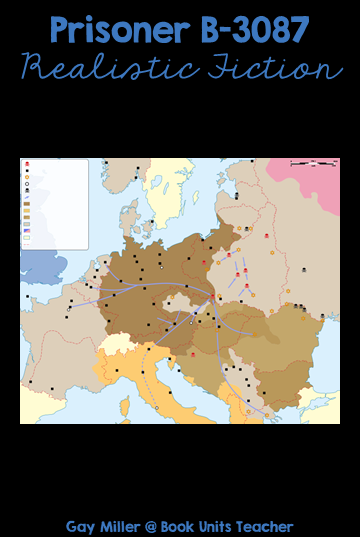
The Holocaust Encyclopedia provides a whole series of videos in a section titled Animated Maps. This six-minute video titled World War II and the Holocaust gives a great overview of the Holocaust.
Teaching Idea #3 – Characters Based on Real People

Prisoner B-3087 is a fictional book based on the life of Jack Gruener. Because the book is based on a real person, some of the other characters in the story were based on real people as well. Have students do a little reach to find out about these characters/real people.
- Amon Goeth – Commandant of Kraków-Płaszów Concentration Camp
- Josef Mengele – cruel staff doctor at Auschwitz
- Ilse Koch (the Witch of Buchenwald) – Buchenwald Camp commandant’s wife
Teaching Idea #4 – On the Web
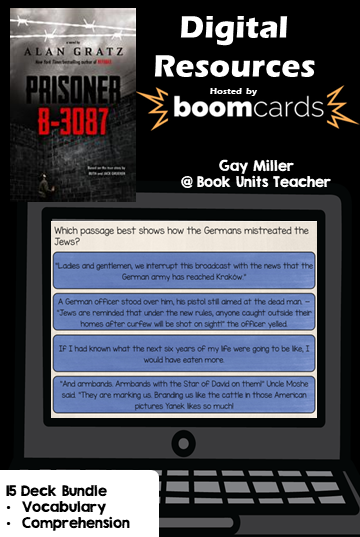
- A Teacher’s Guide to the Holocaust from the University of Florida contains activities, handouts, and web links for Middle Schoolers.
Teaching Idea #5 – Charts
Extermination Camps
| Camp Name | Killed |
| Auschwitz II | 1,000,000 |
| Belzec | 600,000 |
| Chełmno | 320,000 |
| Jasenovac | 58–97,000 |
| Majdanek | 360,000 |
| Maly Trostinets | 65,000 |
| Sobibór | 250,000 |
| Treblinka | 870,000 |
Questions
- What were extermination camps?
- Can you name at least three extermination camps during World War II?
- How many people were killed at Auschwitz II?
- Which extermination camp had the highest death toll?
- Can you compare the number of people killed at Belzec and Treblinka?
- What do you think it was like for the people who were sent to these extermination camps?
Concentration Camps
An estimated eleven million people were killed during the Holocaust. Hitler’s plan was to eliminate any population of people he felt was inferior.
Victims | Killed |
| Slavs | 10.547 million |
| Jews | 5.9 million |
| Soviet POWs | 2–3 million |
| Ethnic Poles | 1.8–2 million |
| Romani | 220,000–1,500,000 |
| Disabled | 200,000–250,000 |
| Freemasons | 80,000–200,000 |
| Slovenes | 20,000–25,000 |
| Homosexuals | 5,000–15,000 |
| Jehovah’s Witnesses | 2,500–5,000 |
| Spanish Republicans | 7000 |
Questions
- What were concentration camps and who was sent to them during the Holocaust?
- How many people are estimated to have been killed during the Holocaust?
- Who were the primary targets of Hitler’s plan to eliminate populations he deemed inferior?
- How many Jews were estimated to have been killed during the Holocaust?
- What was the estimated death toll of disabled people during the Holocaust?
- Can you compare the number of Soviet POWs and Jehovah’s Witnesses killed during the Holocaust?
Teaching Idea #6 – Holocaust Literature
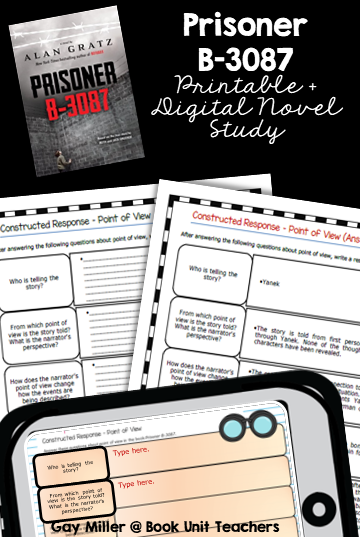
Read more books that center around the Holocaust.
Fiction
- Erika’s Story by Ruth Vander Zee
- Number the Stars by Lois Lowry
- Odin’s Promise by Sandy Brehl
- Yellow Star by Jennifer Roy
- The Book Thief by Marcus Zusak
- The Boy in the Striped Pajamas by John Boyne
- The Devil’s Arithmetic by Jane Yolen
- In My Hands: Memories of a Holocaust Rescuer by Irene Gut Opdyke and Jennifer Armstrong
- The Girl in the Green Sweater by Krystyna Chiger and Daniel Paisner
- The Girl in the Blue Coat by Monica Hesse (Grade 9 up)
Great Books to Compare and Contrast
- Edith’s Story: The True Story of How One Young Girl Survived World War II by Edith Velmans and Hester Velmans
Edith’s Story and Prisoner B-3087 are both valuable books that provide insights into the realities of the Holocaust. However, they have different focuses and approaches. Edith’s Story is a personal memoir. It is a firsthand account of the experiences of one individual. Prisoner B-3087 is a work of historical fiction. Gratz fictionalizes accounts of multiple survivors’ stories.
- The Diary of a Young Girl by Anne Frank
Like Edith’s Story, The Diary of a Young Girl is a non-fiction book that tells the story of a young Jewish girl named Anne Frank. She and her family and several others went into hiding in Amsterdam during the Nazi occupation of the Netherlands. Both The Diary of a Young Girl and Prisoner B-3087 deal with the experiences of young people during the Holocaust.
- Women Heroes of World War II: 36 Stories of Espionage, Sabotage, Resistance, and Rescue by Kathryn J. Atwood
This non-fiction book tells the stories of 36 women from different countries who played significant roles during World War II. The women featured in the book come from different backgrounds and include spies, guerrilla fighters, resistance leaders, journalists, and more.
See the product that inspired this post.
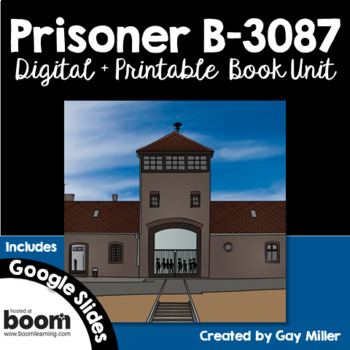
Prisoner B-3087 Novel Study: Digital + Printable Book Unit includes vocabulary practice, comprehension questions, constructed response writing, and skill practice.
